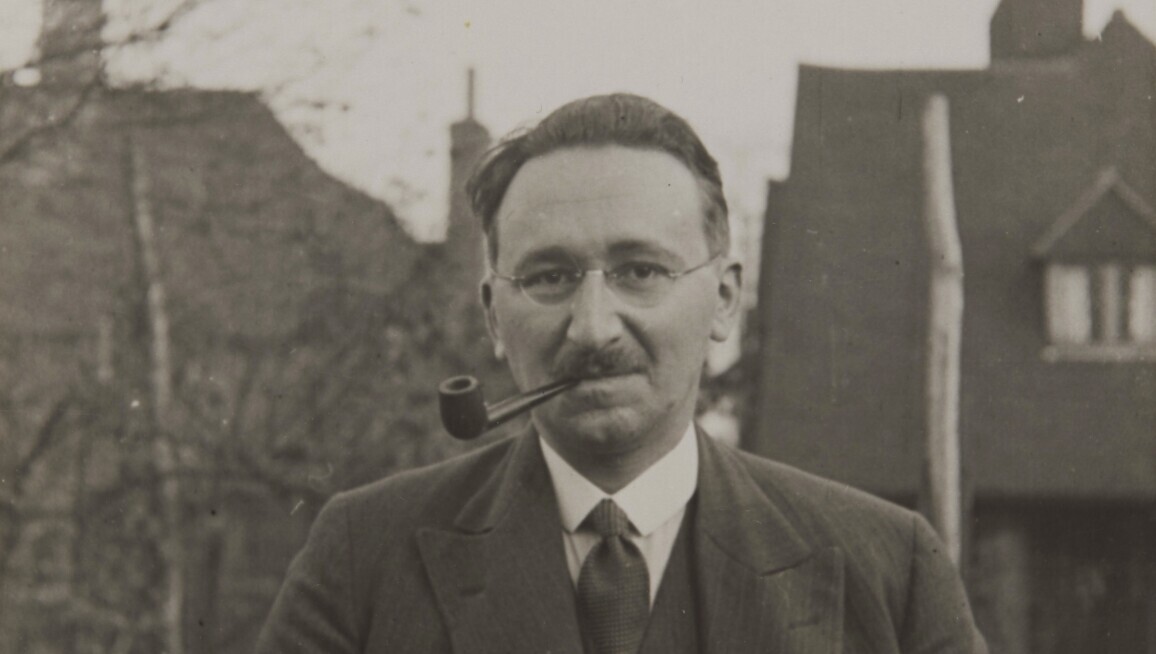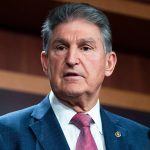Friedrich Hayek, an influential economist and libertarian scholar, has made significant contributions to understanding complex social systems, yet his ideas stand in stark contrast to the Trumpian right’s political agenda.
Born in Austria in 1899, Hayek developed a social theory emphasizing the unpredictable nature of societal evolution, which he argued is shaped by countless individual interactions rather than through top-down government intervention.
He warned that any attempt to impose order through policy would likely disrupt existing systems, leading to unintended consequences and societal breakdowns. This perspective provides a critical lens through which to analyze the failures of planned economies, a central theme during Hayek’s lifetime.
Hayek distinguished between two types of order: “organization” and “spontaneous order.” The former is characterized by hierarchical control where rules are dictated by a central authority, while the latter emerges organically from the interactions among individuals. He illustrated this concept using natural ecosystems, such as the American West, where no single entity governs the relationships among species.

Similarly, human societies develop through millions of interactions, forming a complex social order governed by unwritten rules. In his work, Hayek emphasized that the intricate web of human activity evolves without central planning, making government interference often counterproductive.
While Hayek recognized the necessity of government in maintaining the rule of law and protecting individual rights, he was critical of its ability to manage the nuanced interactions within spontaneous orders.
He believed that governmental commands to regulate economic transactions would inevitably lead to disruptions, akin to the detrimental effects of removing wolves from their natural habitat, which destabilizes the ecosystem.
He cautioned that government regulation often stems from a lack of understanding about how intricate social and economic systems function, which can lead to long-term harm rather than the intended benefits.
Despite Hayek’s strong libertarian principles, his skepticism of government was not limited to leftist policies. He argued that conservatism’s focus on tradition and nationalism could lead to authoritarianism and state control, warning that this mindset could bridge into collectivism.
Hayek preferred the term “liberal” to describe his political beliefs, distancing himself from what he perceived as the dogmatic tendencies of conservatism. This view positions him as a complex figure within the right-wing tradition, advocating for individual liberties while simultaneously critiquing the potential dangers of conservative nationalism.
If Hayek were alive today, he would likely view the policies of Donald Trump, particularly those related to immigration and trade, as antithetical to his philosophy. Trump’s approach—marked by aggressive tariffs and mass deportations—reflects an attempt to reshape the spontaneous order of American society.
This shift represents a fundamental transformation of the existing social and economic framework, one that would concern Hayek and his intellectual descendants. Institutions like the libertarian Cato Institute have emerged as vocal critics of Trump’s policies, highlighting the dissonance between Hayek’s principles and the current trajectory of right-wing politics in the U.S.


